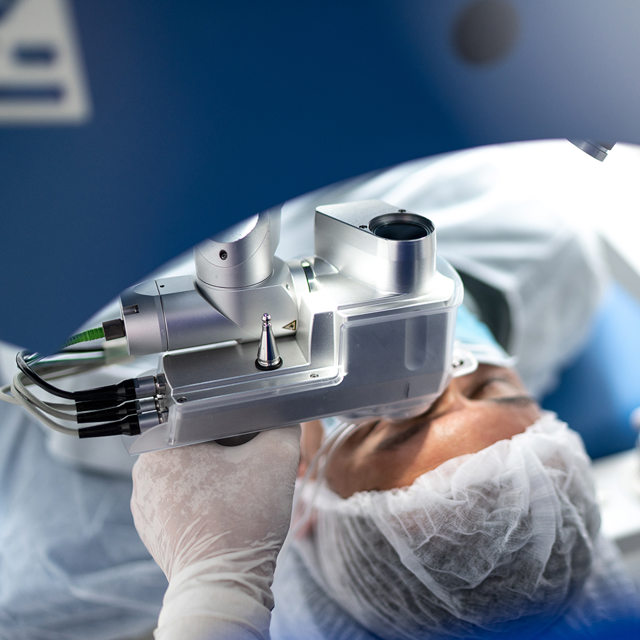
Keeping an Eye on Your Vision
Optometry
Our eyes are fundamental to our life. Of the five senses, vision is perhaps one of the most important because nearly 80% of what we perceive originates from our eyesight. Proper care of the eyes helps to reduce the likeliness of vision problems and eye conditions such as glaucoma and diabetic retinopathy. Regular eye exams with an optometrist can help detect eye issues. If treatments are needed, such as corrective lens or surgery, the optometrist can help you with the lens or direct you to an ophthalmologist.
What is the Difference between an Optometrist and an Ophthalmologist?
An optometrist, or doctor of optometry (OD), is an eye care professional who examines, diagnoses and treats disease and conditions of the eye. An ophthalmologist is either a medical doctor (MD) or a doctor or osteopathic medicine (DO) who has specialized training that enables them to address advanced eye conditions and perform surgery.
Why are Regular Eye Exams Necessary?
Regular eye exams are necessary because even though you may think your vision is good, there may be other issues. In the early stages, some eye issues may not present with any symptoms; however, it could be present. When an eye disease is found early, it may be easier to treat and may improve the visual prognosis.
How often Should I have an Eye Exam?
The frequency of eye exams is based on a person’s age and eye conditions. The American Optometric Association recommends that children have their first comprehensive eye exam with an optometrist between 6 to 12 months of age. School age children with healthy eyes should have an eye exam at least every two years. Adults between the ages of 18 and 64 years old who are at low risk for developing eye conditions and are not having any trouble with their eyes or vision should have an eye examination at least every two years. Adults over age 65 should have an eye exam every year.
What Eye Conditions Require Corrective Lenses?
Farsightedness (distant objects appear clearer and headaches or eye strain occur after extended near work), nearsightedness (close objects appear clearer), astigmatism (curvature difference in the eye which affects vision at distance and near) are among the common eye conditions that require corrective lenses such as glasses or contact lenses.
What services does Optometry offer at Penn Highlands?
- Perform eye exams
- Provide diabetic eye examinations
- Conduct vision tests
- Prescribe and fit corrective lens including eye glasses and contact lens
- Remove foreign objects from the eye
- Manage and treat eye conditions such as glaucoma and dry eye
- Monitor medically related eye conditions
- Provide eye health education
Can I go to Penn Highlands Healthcare for Glasses and Contact Lenses?
Yes, the Penn Highlands Healthcare Eye Centers are staffed by doctors who prescribe and fit corrective lens including eye glasses and contact lens.

Optometry
Penn Highlands Eye Center - ClearfieldA Service of Penn Highlands DuBois
Penn Highlands Eye Center - DuBoisA Service of Penn Highlands DuBois
Penn Highlands Eye Center - St. Marys

Optometry
Penn Highlands Eye Center - BrookvileA Service of Penn Highlands DuBois
Penn Highlands Eye Center - ClearfieldA Service of Penn Highlands DuBois
Penn Highlands Eye Center - DuBoisA Service of Penn Highlands DuBois


